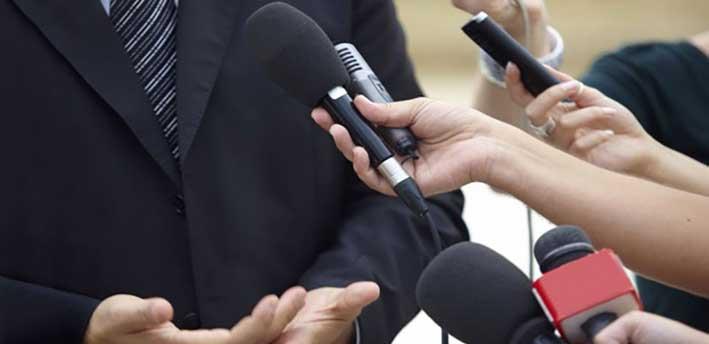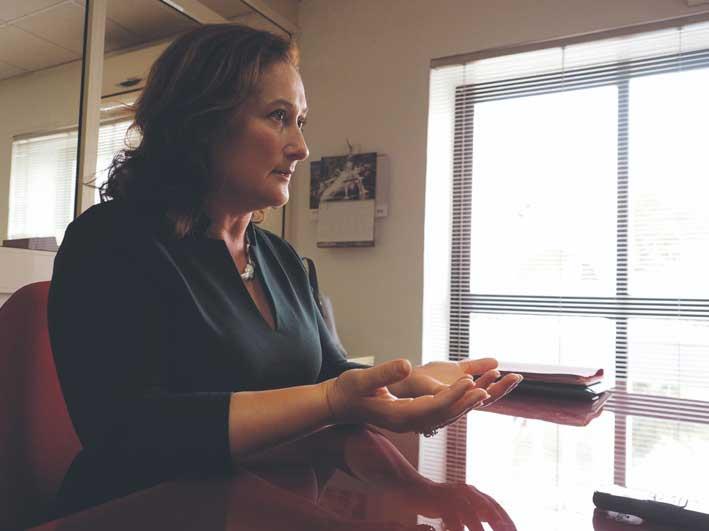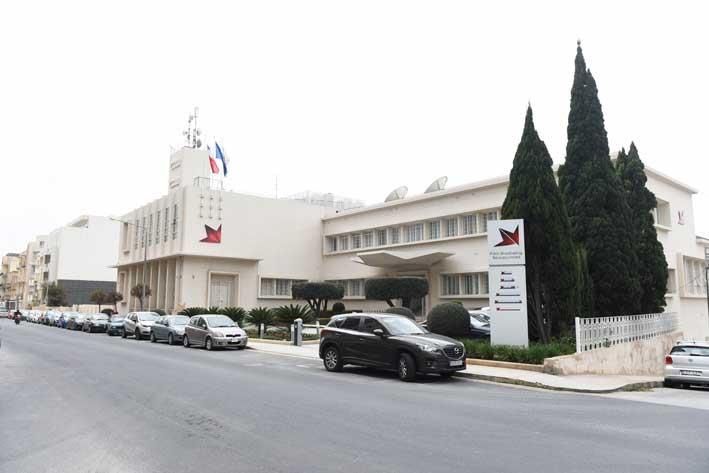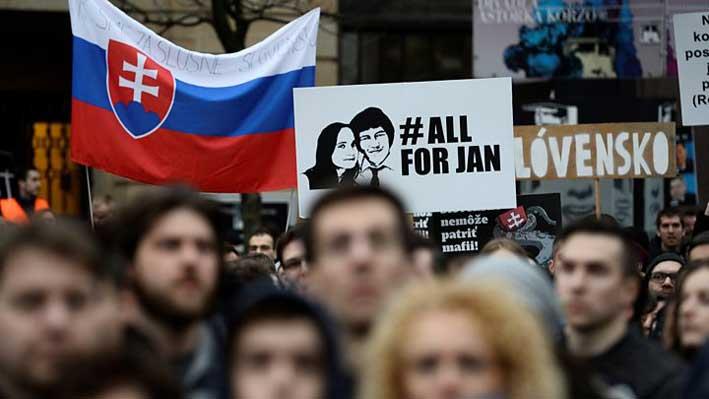Society needs to change the way in which it views journalists, from the mindset where they are seen as having the right to speak, to one where society also ensures that a journalist’s obligation to publish information he or she has acquired as a result of investigation is protected, according to Nationalist Party MP and Spokesperson for the Media, Culture and the National Identity Therese Comodini Cachia.
A journalist’s first and foremost duty is to act as the fourth estate, to hold those in power to account and to keep the public informed, she said. It is not enough to merely report what those in positions of power say, as a journalist must question and investigate, must see whether their actions supplement or contradict their statements. This is the role of any true journalist.
In an interview with Therese Comodini Cachia last Thursday, conducted by The Malta Independent on Sunday, society’s views on journalists were discussed and her views on the media situation in Malta were sought.
Comodini Cachia highlighted the need to give journalists the necessary legal tools to uphold the obligation to publish information. “We are used to looking at journalists from the aspect of freedom of expression, having the right to speak,” she said. “But the way European society has developed, and with the murder of Daphne Caruana Galizia, the focus should not only be on the journalist’s right to speak, but on ensuring that the journalist’s obligation to publish information that he or she has investigated is protected. Because it is about time that we really provide for an effective implementation of this obligation, of that responsibility and we must give journalists the legal tools necessary to do so.”

“It is very silly to have a Freedom of Information Act and then refuse 40 per cent of those requests. This percentage itself goes directly against the scope, against the journalist’s right to speak and – more so – against the journalist’s obligation to publish the information or to investigate. I would like to see legal protection and policies changed from saying that a journalist has a right to speak to a mind-set which recognises that a journalist has a responsibility to investigate and publish.”
Asked for her views on the media situation in Malta, Comodini Cachia said that, first and foremost, many Maltese journalists strive to have an independent opinion and an objective narration of facts. She also feels that politicians are somewhat over-sensitive when it comes to libel cases, which is irritating for a journalist.
“I’m not saying that those libel cases should not be presented, but we do tend to be a bit over-sensitive, maybe because our society might be geared that way, possibly believing what one journalist would say over another. Even in the media, we still tend to get the blue and red flags shoved around.”
She brought up international reports regarding Malta and the media which, she said “continue to show concerns. What is worrying is that, while we are amending the Media and Defamation Bill, they are amendments that give traditional protection and not even protection to the journalists themselves. For example, we have always had libel laws and they will remain there, nothing much will change in terms of how they are meant to work.” She mentioned that the government is proposing the concept of honest opinion. “I know how the concept works in the UK but it is not necessarily exactly what our journalists in Malta are used to, so I am not that satisfied with changing the defence for journalists in that sense.

We need to send a clear message: you do not harass a journalist
Another one of her proposals is to make it a specific offence for a public official to threaten, intimidate or attempt to unjustly influence a journalist. Asked to elaborate, she said: “Because of the culture we are in, and I believe we are in a time where the ‘them versus us’ mentality has peaked once again, we need to send a clear message to people, and we can only start from the administration and the executive. That message must be that you do not harass a journalist.
“There are different forms of harassment of journalists – from verbal insults to placing obstacles to prevent them from carrying out their responsibilities, to physical assault and to blacklisting. We have had incidents involving journalists in the independent media over the years, as well as journalists who come from the party media.”
“Whichever media you come from, it is wrong for journalists to be insulted or harassed just for doing their job. Social media and online news with comments boards opened up a whole new world for journalists to be put under the spotlight. We have seen instances where an editor writes an editorial and the comments boards are immediately flooded with people saying ‘Ah, you’re a Nationalist’ or ‘You’re a Labourite’. If the editor is expressing an opinion or a thought, do we really need to start swearing at him/her? This is what I mean by the need to create a media friendly environment, sending the right message.”
Under the PN and now under the PL, TVM has always been accused of leaning towards the party in government. This newsroom asked the MP whether she believes TVM should be given more autonomy and independence.

“Both PBS and the Broadcasting Authority should be more autonomous and independent, and that would make them more impartial, giving them the objectivity they need to really carry out their responsibilities.
“Before entering politics I presented a case on behalf of PBS to declare that the Broadcasting Authority board members had such a conflict of interest that PBS itself could not be judged fairly and impartially in that particular case. Two members on the Broadcasting Authority board are appointed by one party and two by the other. In that case, there were two people who were publicly commenting in favour of one party against the other on social media, and then judging the reporter concerned, which did not make sense. PBS should really be there for the public.
“If you look at PBS, there is no media awareness transmitted to the people – they don’t really question what is happening. If you look at foreign public broadcasting services, there is more culture included and more knowledge transmitted, and there is deep analysis. This is what I expect from PBS, irrespective of who is in government – PN or PL. If we do not sit around the table and trust these agencies – our national units – with them taking the lead instead of having to depend on us, then I don’t think we can expect the ‘us vs them’ culture to change.”

‘I start to question whether we are both EU member states’
Recently an investigative journalist in Slovakia was murdered, and the situation there has been compared to the situation here. This newsroom asked the MP for her opinion on how the two countries handled the similar situation.
“Regarding Malta and Slovakia, I start to question whether we are both EU member states – in the sense that being a full EU member state means having the same understanding of democracy, the rule of law, political responsibility and freedom of expression. The same incident – the murder of an investigative journalist looking into corruption and organised crime – should, if all the other factors are the same, have given rise to the same reaction.
“We have not had the same reaction from the political sector and we’ve had a somewhat mixed reaction from civil society. We have a strong civil society that spoke up. I use the word ‘strong’ rather than numerous as I believe that, in our culture, we are still afraid to speak and show our faces publicly but still protest silently in our circle of family and friends."
Full interview may be found here and here